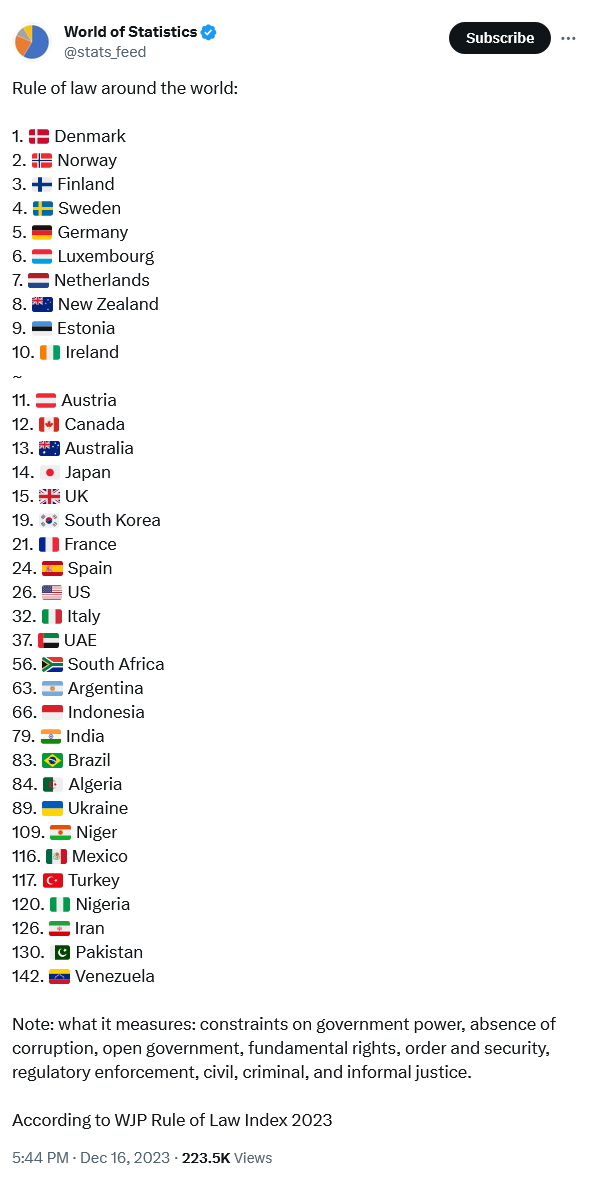In the age of technological advancement and societal evolution, the concept of economic empowerment takes center stage, offering a pathway towards unleashing human potential and fostering social welfare. Central to this paradigm shift is the exploration of basic income—an idea gaining momentum as a catalyst for addressing income inequality, poverty, and advancing human development.
Understanding Economic Empowerment and Basic Income
Economic empowerment is intrinsically linked to human development, offering individuals the autonomy to make choices that enhance their quality of life and uphold their dignity. Basic income emerges as a tangible manifestation of this empowerment—a regular, unconditional payment providing individuals with the means to meet their basic needs and pursue opportunities without fear of destitution.
A Comparative Analysis
Examining basic income models worldwide reveals a nuanced landscape, each with its strengths and weaknesses. From Alaska's successful Permanent Fund Dividend to Finland's experimental approach and India's rural employment guarantee, diverse models offer valuable insights into the efficacy of basic income in reducing poverty and fostering economic security.
The Potential Impact of Basic Income on Poverty Reduction
Poverty reduction lies at the heart of basic income's promise, offering a safety net that transcends traditional welfare systems. By providing financial security, promoting economic mobility, and empowering marginalized communities, basic income has the potential to reshape societal structures and uplift those most in need.
Basic Income and its Implications for Gender Equality
Basic income emerges as a potent tool in advancing gender equality, addressing disparities in unpaid care work, bridging the gender pay gap, and fostering entrepreneurship among women. By providing financial autonomy and breaking systemic barriers, basic income can catalyze a more inclusive and equitable society.
A Match Made in Heaven?
The relationship between basic income and entrepreneurship is multifaceted, with proponents heralding it as a catalyst for innovation and detractors cautioning against potential disincentives. Yet, empirical evidence suggests that basic income can stimulate entrepreneurial endeavors, offering individuals the financial security to pursue their aspirations.
Shaping the Future of Work
In an era of automation and uncertainty, basic income and education emerge as pivotal forces in shaping the future of work. By providing economic security and fostering lifelong learning, these intertwined concepts hold the key to navigating evolving job markets and unlocking human potential.
Addressing the Stigma of Poverty
Basic income transcends mere economic policy, offering a pathway to address the pervasive stigma of poverty and its detrimental impact on mental health. By providing financial security and empowerment, basic income has the potential to alleviate suffering and foster societal inclusion.
Challenges and Opportunities
While the implementation of basic income presents challenges, from funding to incentivization, it also offers unparalleled opportunities for social and economic transformation. By exploring innovative funding mechanisms and leveraging economic growth, basic income can pave the way towards a more equitable future.
The Future of Economic Empowerment with Basic Income
As we chart a course towards economic empowerment, the promise of basic income shines brightly, offering hope for a more just and prosperous society. Despite uncertainties and debates, the potential benefits of basic income in reducing poverty, fostering entrepreneurship, and enhancing well-being underscore its significance in shaping the future of human potential.
In the age of AI, where the knowledge economy is transitioning into a relationship economy, the realm of possibilities for humanity expands exponentially. As we navigate this transformative era, one indicator stands out as a beacon of progress: the increasing presence of women in leadership positions.
Despite strides towards gender equality, there remains a significant gap in representation. While women constitute 42% of the global workforce, only 32% hold senior leadership roles. This stagnation in progress demands attention and action from organizations committed to embracing the future.
Recent research from Harvard Business School underscores the shifting landscape of leadership. Traditional emphasis on operational expertise is giving way to the recognition of social abilities as paramount for effective leadership. Women, known for their adeptness in fostering collaboration and empathy, are poised to excel in this new paradigm.
LinkedIn's Economic Graph reinforces this narrative, revealing that women possess a higher share of people skills compared to men. This innate advantage underscores the importance of leveraging diverse talents to drive innovation and success in the relationship economy.
Central to this transformation is a reevaluation of how talent is identified and matched with opportunities in the labor market. By prioritizing skills over pedigree signals, organizations can tap into a vast pool of untapped potential. Encouragingly, studies show that women are more inclined to apply for roles where their skills align, presenting an opportunity to bridge the gender gap in leadership.
The age of AI heralds a new era of human collaboration and innovation. It is incumbent upon us to ensure that this evolution is inclusive and equitable. Closing the gender gap in leadership isn't just a matter of fairness; it's a strategic imperative for unlocking the full potential of our workforce.
As we celebrate Women's History Month, let us reaffirm our commitment to diversity, inclusion, and empowerment. When women lead, businesses thrive, communities prosper, and humanity advances.
The Significance of Women in the Economy Underutilizing the Potential of Women: A Missed Opportunity
Women constitute nearly half of Pakistan's population, yet their representation in the workforce stands at a mere 20 percent. This disparity underscores a critical issue that remains largely unaddressed and underestimated. In more advanced economies, women are acknowledged as indispensable contributors to economic vitality, with their absence seen as detrimental to overall growth.
In developed nations, women contend with issues such as wage disparity, limited access to senior positions, and inflexible working arrangements. However, in developing countries like Pakistan, women confront far more fundamental challenges, including the right to life, education, and freedom. These foundational rights are still being fiercely contested by women across our nation.
Thus, the concept of bridging the gender wage gap and achieving equitable representation remains elusive. With only 20 percent female participation in the workforce, Pakistan cannot expect to achieve robust economic growth. Alarmingly, according to the World Economic Forum, Pakistan ranks as the second worst country in terms of gender inequality, trailing only behind Afghanistan.
In rural areas of Pakistan, women predominantly engage in agricultural activities on family-owned farms, often without remuneration. Moreover, women bear the brunt of domestic chores, working twice as much as men without compensation. If women were compensated for their domestic labor globally, it could contribute significantly—between 10 to 40 percent—to the global GDP. Therefore, fostering more inclusive opportunities for women across all sectors, particularly in politics, is imperative.
Political involvement by women can catalyze a domino effect, empowering more women to challenge patriarchal norms. Their presence in policy-making positions can usher in reforms that create a safer environment for women. For instance, when Pervez Musharraf increased the quota for women in politics, Pakistan saw an improvement in its Gender Gap index. To address inequality comprehensively, we must strive for greater female representation across all sectors.
Systematically increasing women's participation in the workforce promises multifaceted benefits for our economy. Women play a pivotal role in driving economic growth and mitigating poverty levels. For instance, according to a World Bank report, women in Latin America played a crucial role in reducing poverty rates by 30 percent over a span of 8-10 years.
The wage gap is intricately linked to education and skills attainment. Therefore, the state must prioritize building more educational institutions to enhance literacy rates, thereby narrowing this significant wage gap. Achieving pay parity not only fosters equity in the workforce but also incentivizes greater female labor force participation.
Gender equality translates into substantial dividends for nations, fostering socioeconomic opportunities for women and transgender individuals. It promotes societal and environmental sustainability, spurs innovation, and drives technological advancement. Many women spearhead businesses that contribute significantly to national economic growth. Consequently, women's economic empowerment transcends mere economic metrics, empowering them individually, fostering independence, and amplifying their voices—a novel concept in many Third World countries.
In the economic realm, particularly in corporate settings, women in senior leadership positions enhance organizational efficacy. Companies benefit significantly from women's leadership, outperforming patriarchal counterparts in growth and efficiency. In a country like Pakistan, where the inflation rate hovers around 9.50 percent, dual household incomes can alleviate numerous crises, facilitating better education, healthcare, and nutrition access.
However, effecting societal change in conservative cultures like Pakistan poses formidable challenges. With approximately 23 million out-of-school children—half of them girls—it's imperative to reassess our priorities. Without addressing this educational deficit, Pakistan cannot produce professionals equipped to compete globally or fuel economic growth.
It is incumbent upon the state to garner societal consensus on the transformative power of education, especially for girls. Communities must recognize education's indispensable role, which will only grow more critical in the future. Through accessible education, women can acquire skills and become the backbone of the nation's workforce.
Moreover, workplace harassment remains a pervasive obstacle, dissuading families from encouraging women's employment. Robust anti-harassment policies and accessible grievance redressal mechanisms are essential. Additionally, convenient transportation services and dedicated women's support centers can bolster women's safety and provide recourse in cases of harassment or abuse.
Flexible work arrangements, as evidenced during the COVID-19 pandemic, are crucial, particularly for women. Companies must prioritize offering flexible schedules to accommodate women's diverse needs. In Pakistan, where the wage gap exceeds 34 percent, education emerges as a linchpin in closing this disparity. The state must intensify efforts to expand educational opportunities to bridge this chasm and encourage greater female workforce participation.
In essence, fostering women's economic empowerment is not just about bolstering the nation's economy—it's about fostering societal progress and equity. By harnessing the full potential of women, Pakistan can chart a path towards prosperity and inclusivity, ensuring a brighter future for generations to come.
Explore the transformative role of women in shaping the relationship economy. Discover how prioritizing skills over pedigree signals can bridge the gender gap in leadership. #WomensHistoryMonth #WHM #CountHerIn
Author Details: Syed Salman Mehdi, linkedin/in/multithinker, email: salmanmehdi128@gmail.com













